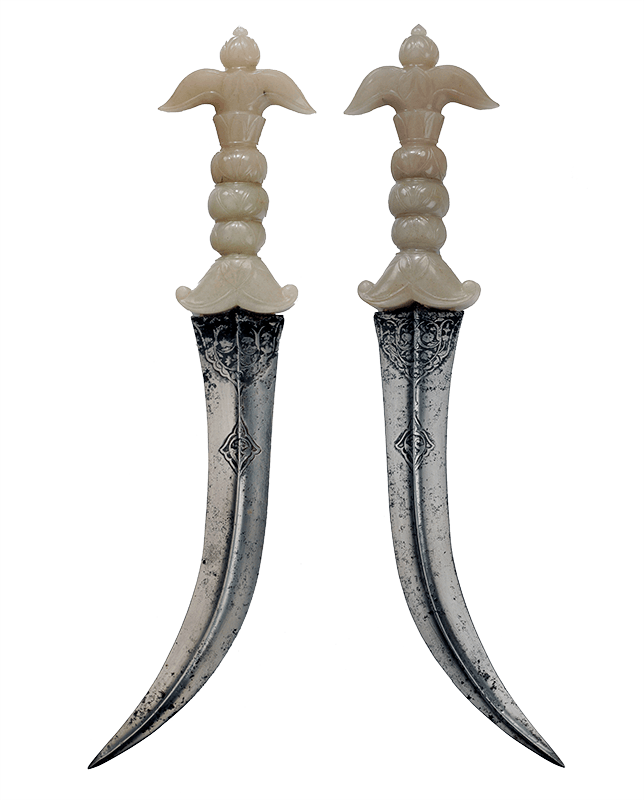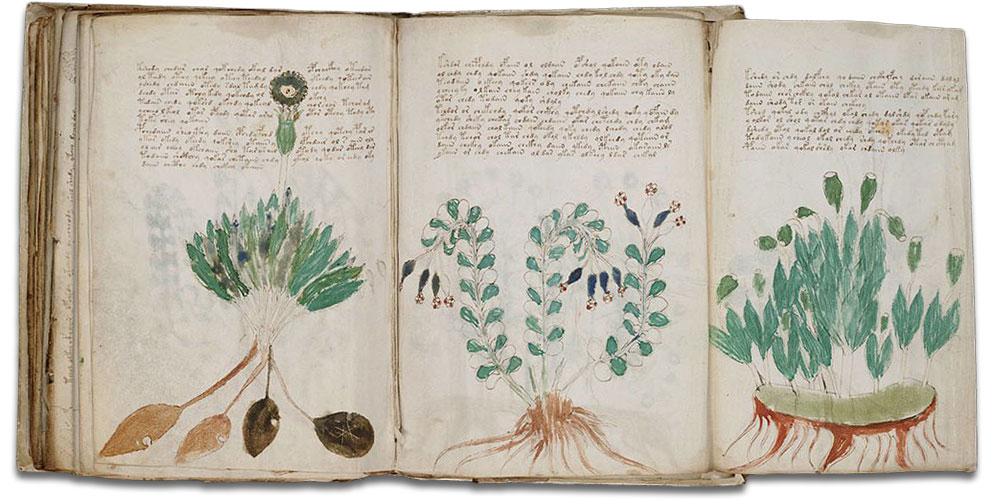REGULATED MARKET SECTORS
Large segments of the art and collectibles market have become subject to restrictive government regulation, including antiquities and ivory and other endangered species material. We have “go-to” expertise in these specialized fields and related customs and regulatory issues. We can help you navigate these potentially difficult markets and conduct business with confidence.
Antiquities and Cultural Property Law
For decades, our partners have represented leading collectors, dealers, auction houses, and museums in the antiquities market and related fields such as coins, rare books, and manuscripts. We have extensive experience working within the framework of US criminal law, customs law, import restrictions, foreign cultural patrimony laws, and museum acquisition guidelines such as the “1970 Rule.” Our matters include private sales, auctions, compliance and regulatory advice, customs, contested seizures and criminal investigations and defense.
In the mid-2000s, our partners helped engineer Sotheby’s opposition to import restrictions on Chinese antiquities and cultural materials, which delayed the adoption of import restrictions on that important market for three years. This is the only time that the art market has successfully influenced the outcome of import restrictions requested by any foreign power on cultural materials.


Endangered Species
We represent leading collectors, dealers, auction houses, and museums in collecting and dealing in fine and decorative art objects containing ivory and other endangered species material. We have extensive experience working within the framework of US federal law (including the Endangered Species Act and the African Elephant Conservation Act), international treaties (CITES), customs law, and state law governing the domestic and international trade in ivory and other endangered species material.
In 2014, the market for antiques containing ivory and other endangered species material became subject to highly technical US federal and state regulations affecting domestic and international commerce. We represented a broad-based art market coalition of US and UK dealers, auction houses, collectors, dealer associations, and appraiser associations. Under difficult circumstances, we managed to preserve the “antiques exception” under US federal law for pre-1982 imports of antique ivory and we created an exception for interstate trade in antique ivory objects under New York state law. The Obama Administration worked hand-in-glove with international NGOs to impose a ban on ivory imports that was simply not going to be reversed. Given that reality, the relief that we managed to obtain for the art market—virtually single-handed and without help from any major art market institutions—was a significant accomplishment.
International Trade Restrictions
We have extensive experience in a broad array of international trade matters. Most major trading countries, excluding the US, have export licensing and trade restrictions that apply to fine and decorative works of art. The US has no export restriction on works of art, but does have import restrictions on archaeological and ethnological objects from certain countries. Additionally, economic sanctions can apply to works of art that originate in certain countries.
We regularly advise our clients on matters concerning:
- US Import Restrictions
- Non-US Export Restrictions
- International Trade Agreements
- US Economic Sanctions
- Other US Government Agency Requirements
International Trade, Customs and Documentation Requirements
Failure to properly declare objects when exported or imported can lead to fines, penalties, and the possible seizure of the items. Most countries have cultural property laws that restrict the export of cultural objects, either through retention or through export licensing requirements.
In the United States, the government imposes limited import restrictions on archaeological and ethnological objects from certain countries. In addition, economic sanctions restrict the importation of objects from certain sanctioned countries, such as Iran and Cuba. The importation of objects stolen from foreign museums, libraries, and public collections can lead to seizure and forfeiture by the Department of Justice and the Department of Homeland Security. We regularly advise galleries, auctioneers, museums, collectors, shipping companies, and customs brokers on these complicated issues.
Regulatory and Government Policy
The art market is subject to increasing federal, state, and international regulation. We have had success over the years in shielding important sectors of the art market from eclipse at the hands of opposing interest groups and regulators. Our ability to articulate the special concerns of art market clients before government regulators sets us apart. We have represented clients before:
- US Customs and Border Protection
- Immigration and Customs Enforcement
- Office of Foreign Asset Control
- Department of State
- President’s Cultural Property Advisory Committee
- US Fish and Wildlife Service
- New York Department of Environmental Conservation
- Food and Drug Administration

